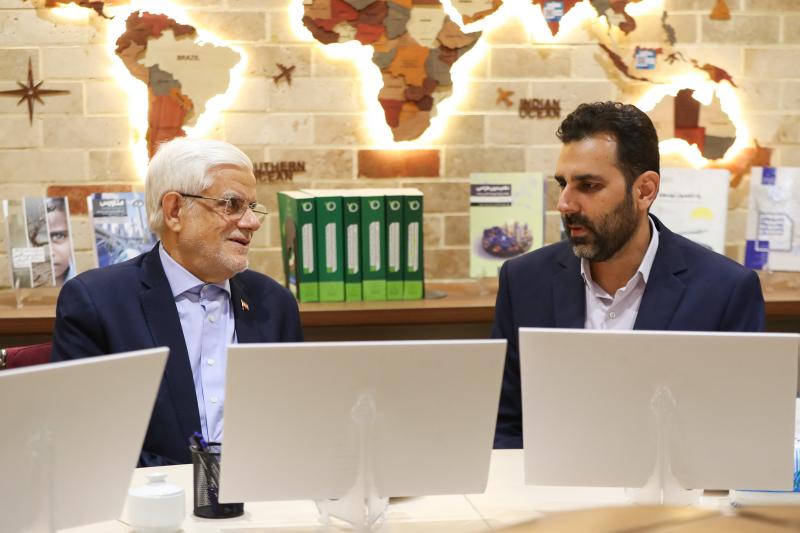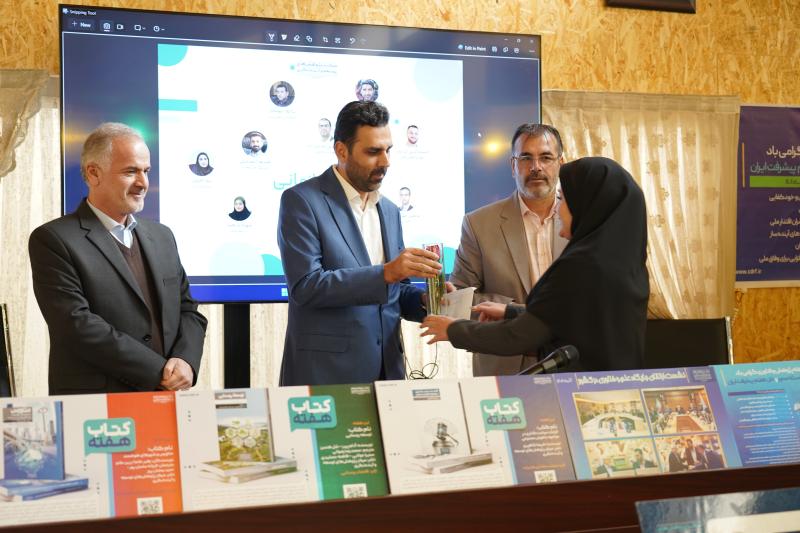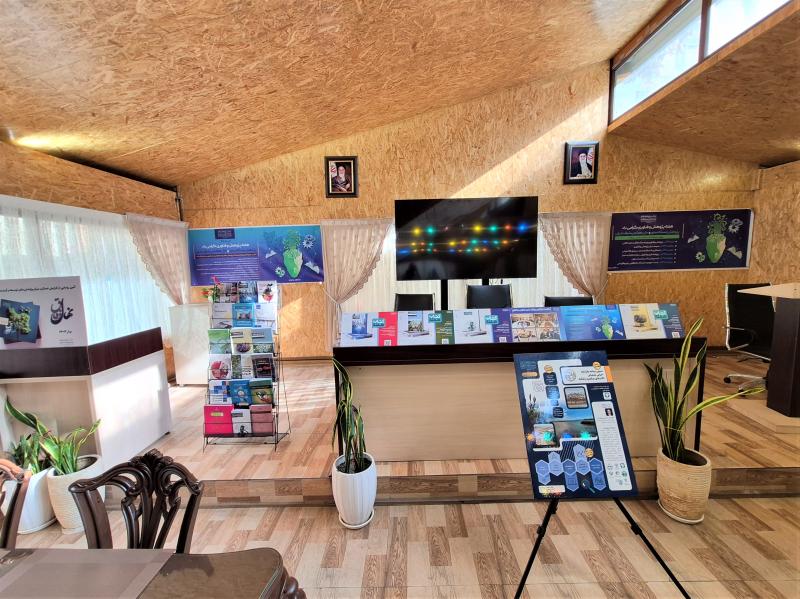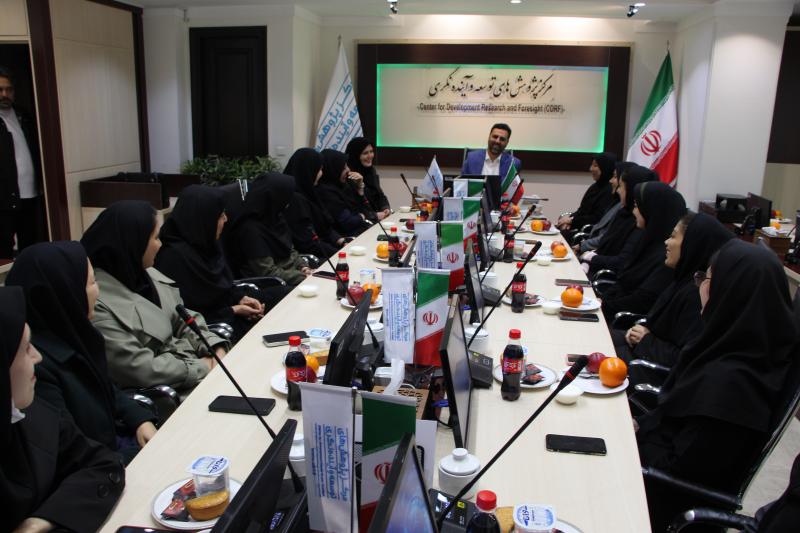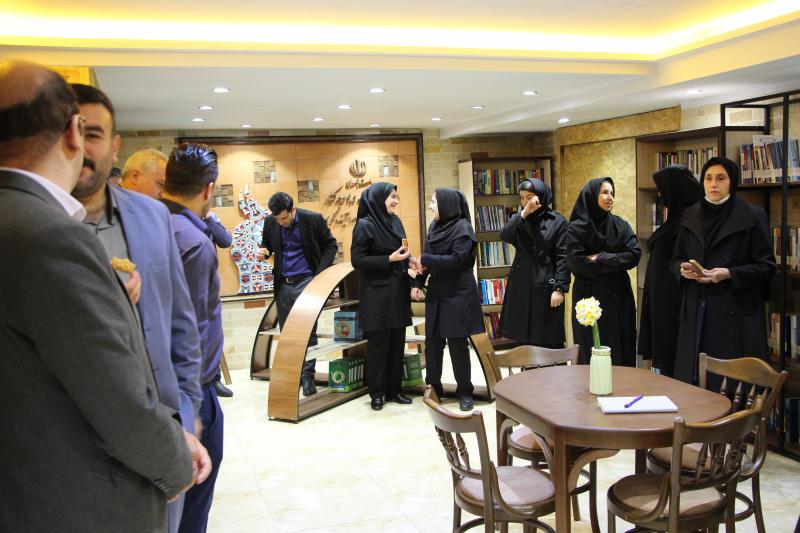
-
بررسی آییننامهها و دستورالعملهای برنامه هفتم پیشرفت
-
بررسی عوامل موثر بر افزایش تصادفات و تلفات جادهای و سوانح رانندگی و دادهکاوی تلفات انسانی
-
سازماندهی و بازآرایی فضایی آموزش عالی کشور
-
به روز رسانی سند ملی آمایش سرزمین
-
انجام مطالعات مناطق آزاد به عنوان نواحی پیشران اقتصادی کشور
-
اصلاح ساختار بودجه و پیاده سازی نظام یکپارچه مدیریت اطلاعات مالی دولت (IFMIS)
کلید واژه : Budgeting
تعداد اخبار : 33
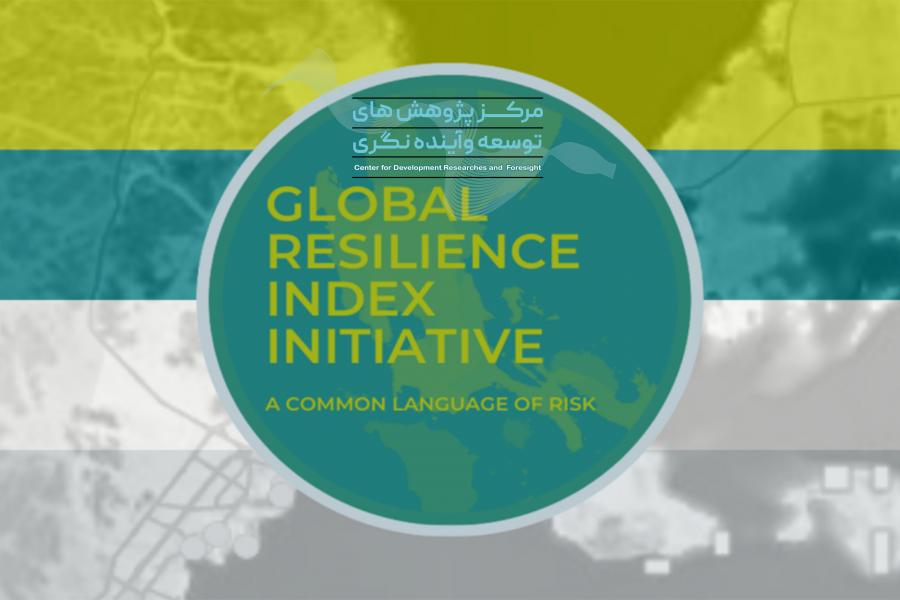
Improvement in the Islamic Republic of Iran's rank in the Global resilience index despite sanctions
According to Dr. Ali Hossein pour, the head of international relations and communications with scientific and research centers and organizations of the Center for Development Research and Foresight, one of the crucial factors for evaluating a country’s development is its rank in international development indices.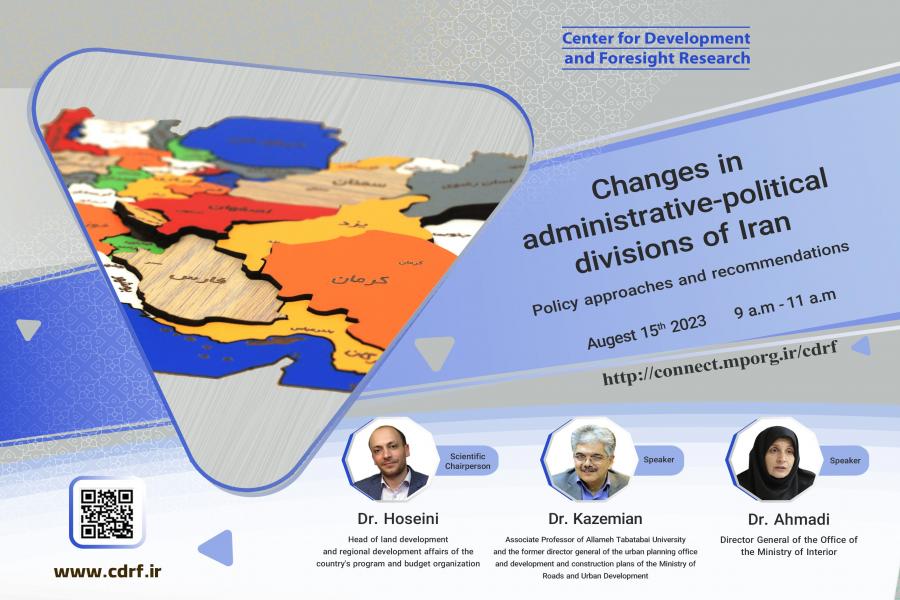
National Land Use Plan: The Key to Balanced Development and Budget Resource Allocation
The scientific-specialized conforence of "Transformations in the Administrative-Political Divisions of Iran: Approaches and Policy Recommendations" was held. .jpg)
Public-Private Partnerships in Land Development: Key Figures Discuss Pressing Issues
In the specialized conference titled "The Model of Public-Private Partnership in Land Development", it is stated that Public-Private Partnerships (PPPs) are essential for meeting the world's infrastructure needs, but face challenges such as financing, maintenance, and planning. Governments play a crucial role in PPPs by fostering a collaborative environment, building capacity, and providing transparent policy-making and necessary financial resources. In Iran, PPPs are still in their early stages, and the government needs to address challenges such as lack of interest from executive agencies and absence of a comprehensive approach.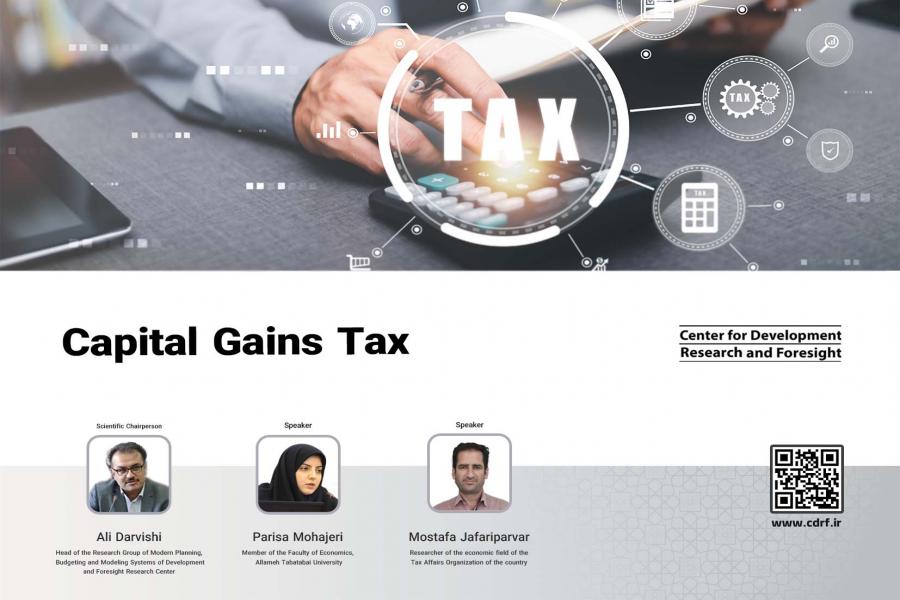
Capital Gains Tax in Iran
Iran’s 2022 budget projects tax collection to make up over 80% of the expected revenues, leading to a negative operational balance due to high government expenses. To address this, the government plans to increase tax revenues by identifying new tax bases and implementing a capital gains tax plan. However, concerns exist about the efficiency of the current tax system and the social impact of the capital gains tax law. 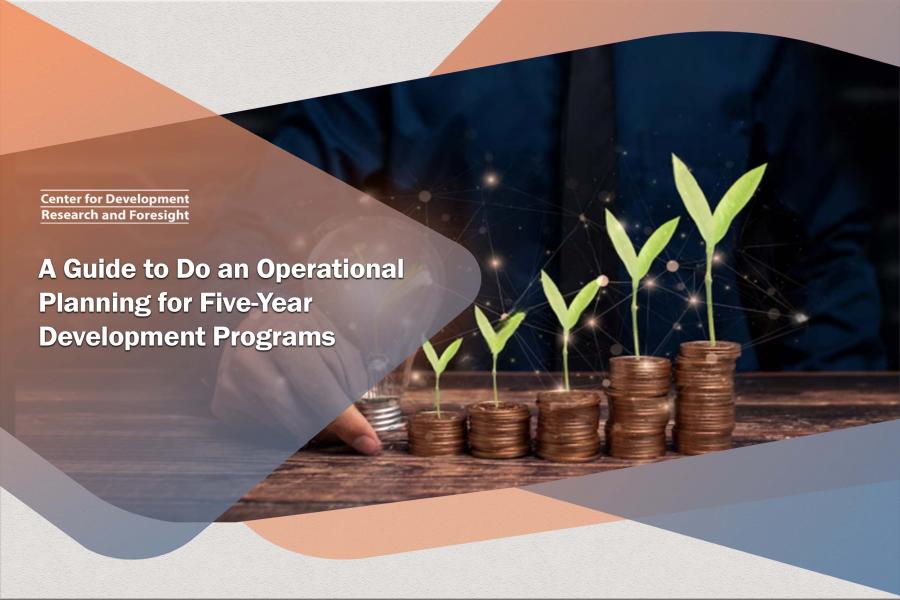
A Guide to Do an Operational Planning for Five-Year Development Programs
An action plan is a projection of actions that are needed to achieve specific goals based on the possibilities, limitations, and outlines established in strategic planning. This study aims to provide a model for developing the action plan of the country's five-year development plan to address frequent criticism in the country's development planning system.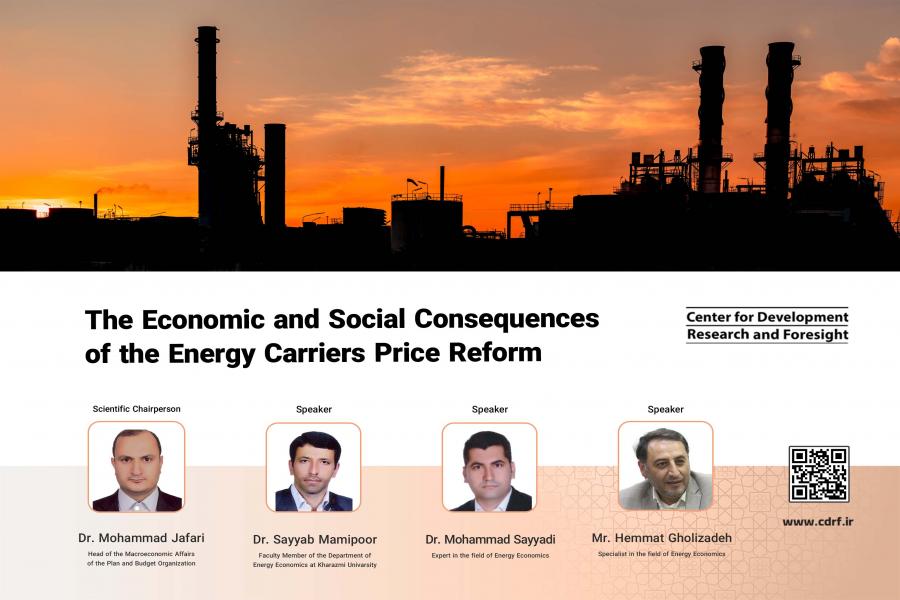
The Economic and Social Consequences of the Energy Carriers Price Reform
Given the significant role of energy in Iran’s economy, the pricing of energy carriers, particularly gasoline, has always been a critical factor in the implementation of government policies and the overall economy of Iran. The Energy Subsidy Reform policy and the appropriate pricing method have consistently posed challenges, with various governments grappling with economic, social, and environmental challenges in gasoline price reforms.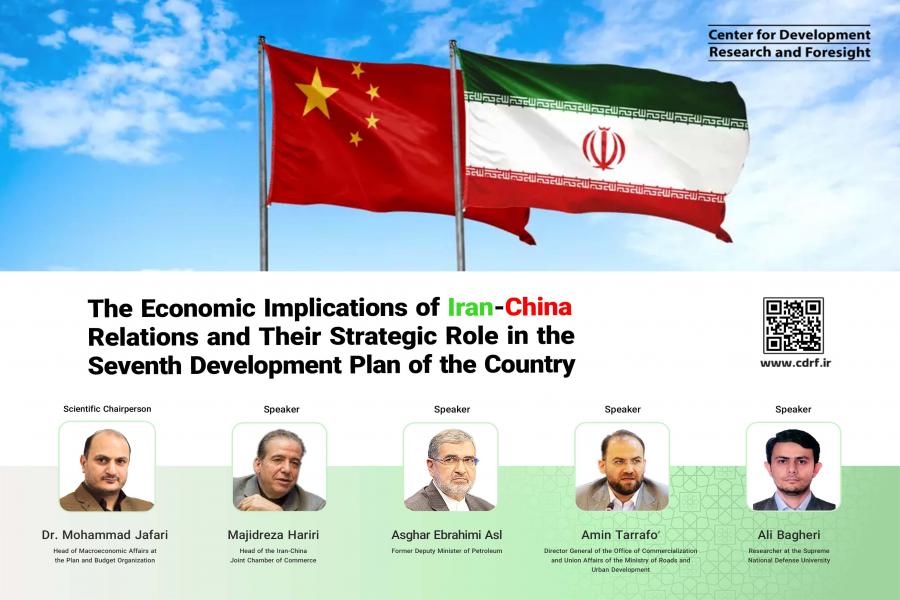
The Economic Implications of Iran-China Relations and Their Strategic Role in the Seventh Development Plan
The economic development and growth of a nation are intrinsically linked to the growth of its investments. As per the data from UNCTAD and domestic sources, it is observed that over the past two decades, the annual foreign investment in Iran has oscillated between 1 and 5 billion dollars. However, the potential for attracting foreign capital has seen a decline due to a myriad of internal and external risks coupled with investment barriers. To achieve the development objectives, an investment exceeding 200 billion dollars is necessitated, out of which a minimum of 100 billion dollars must be procured from external sources.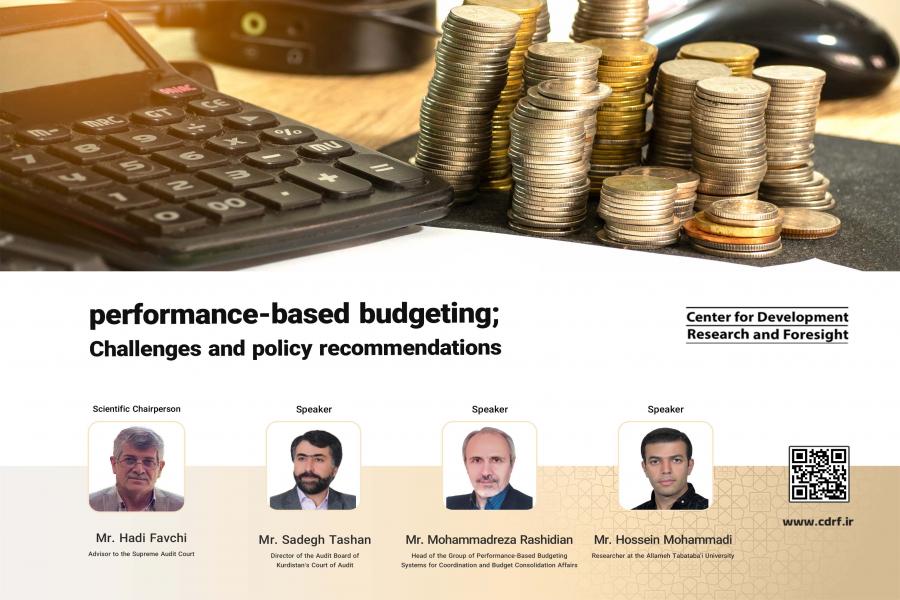
performance-based budgeting; Challenges and policy recommendations
Performance-based budgeting fosters optimal resource utilization, enhances productivity through efficiency improvement, facilitates the achievement of goals, aligns strategic objectives with operational plans, and promotes transparency and accountability. When properly implemented and scientifically managed, this type of budgeting lays the groundwork for good governance and facilitates the realization of societal values.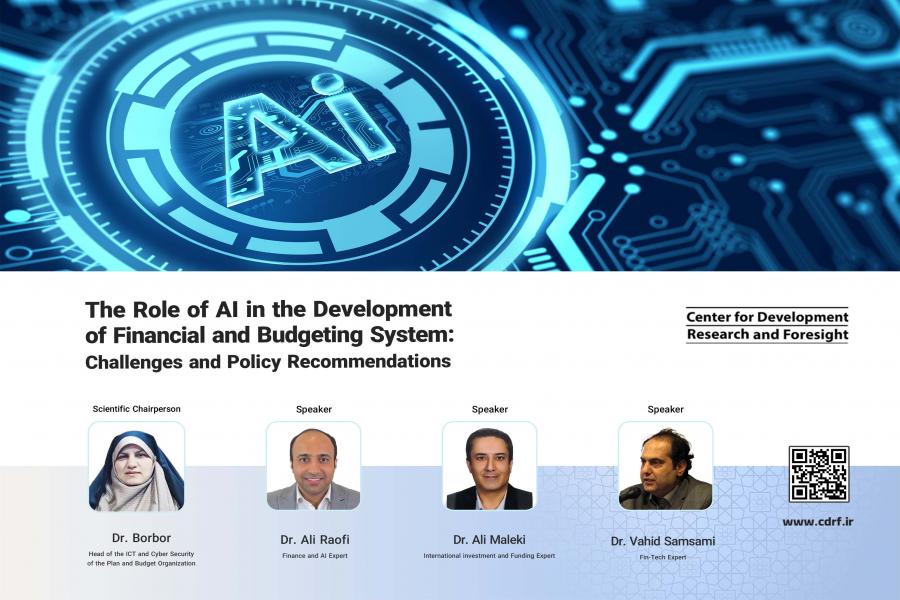
Artificial Intelligence and its role in the Development of Financial Systems and Budgeting
Artificial intelligence (AI) has emerged as a transformative technology, extensively studied and developed over the past seven decades. Its growing prominence has rendered it an indispensable tool for governments worldwide. While AI's potential to enhance decision-making power and quality remains an ongoing area of inquiry, its application in certain policy domains, such as public budget drafting, has received limited attention. This paper delves into the untapped potential of AI in budget allocation, a critical aspect of financial policy.
The Importance of Data Mining in Financial Transparency
The recent conference at the Center for Development Research and Foresight brought together experts to discuss how data governance and mining can improve the country's budgeting process. The conference was part of an ongoing series aimed at improving budget transparency and efficiency.
Parliamentary Intervention in Budgeting: A Scrutiny-Seeking Issue
The Conference titled “Parliamentary Intervention in Budgeting: A Scrutiny-Seeking Issue” with a concentration on improving the budgeting process in Iran, held at the Center for Development Research and Foresight, brought together experts to discuss the role of parliament in budget decision-making. The conference highlighted the ongoing debate about the extent to which parliament should be involved in the budgeting process, with some arguing for more oversight and others emphasizing the need for executive flexibility.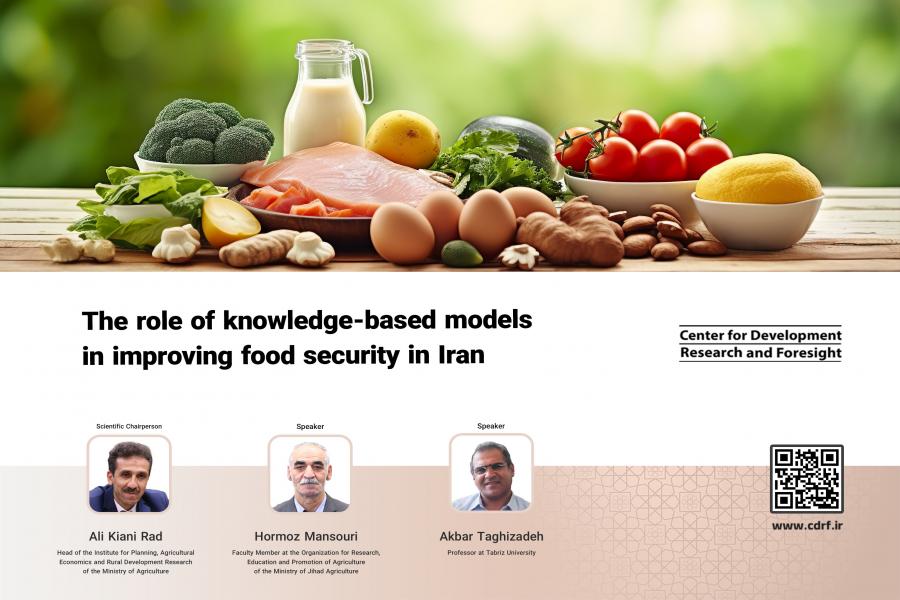
The Role of Knowledge-Based Models in Improving Food Security in Iran
The conference titled “The Role of Knowledge-Based Models in Improving Food Security in Iran” at the Center for Development Research and Foresight brought together experts to discuss the critical issue of food security in the country. The conference highlighted the challenges facing Iran's agricultural sector and explored potential solutions.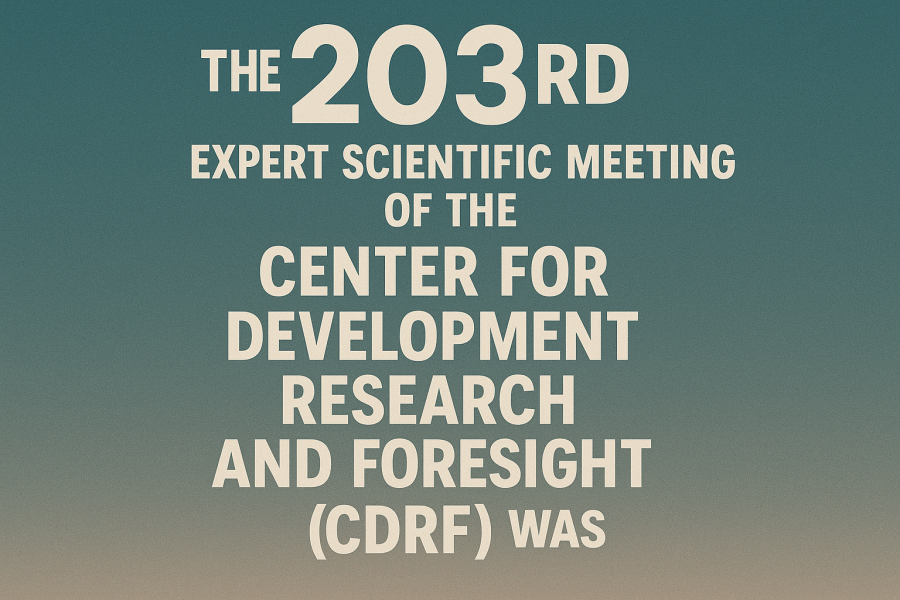
The 203rd Expert Scientific Meeting of the Center for Development Research and Foresight (CDRF) was held.
According to the Public Relations Office of the CDRF, the 203rd expert scientific meeting of the CDRF was held under the title “Analysis and Review of the Budget of State-Owned Enterprises in 1404 (2025-2026).” In this meeting, Mehdi Bagheri, former Head of State-Owned Enterprises, the Civil Servants Pension Fund (CSPF), and Public Institutions Affairs of the Plan and Budget Organization of the Islamic Republic of Iran (PBO), served as the scientific chair of the meeting. Additionally, Hassan Khoshpour, former Head of State-Owned Enterprises Affairs of the PBO, and Mohammad Nasir Arab Nosratabadi, Head of the State-Owned Enterprises and Non-Governmental Public Institutions Group of the PBO, participated as the keynote speakers, presenting their viewpoints.
The 202nd Expert Scientific Meeting of the Center for Development Research and Foresight (CDRF) was held.
According to the Public Relations Office of the CDRF, the fifth international meeting and the 202nd expert scientific meeting of the CDRF was held under the title “The Impacts of Land Degradation and Climate Change on Iran's Economic and Social Development.” In this meeting, Mostafa Mohaghegh, Senior Coordinator of the United Nations Asian and Pacific Center for the Development of Disaster Information Management (APDIM), served as the scientific chair of the meeting. In addition, Farzam Pourasghar Sangachin, a researcher and expert in the field of environment, and Sanjay Kumar Srivastava, Chief of Disaster Risk Reduction at the United Nations Economic and Social Commission for Asia and the Pacific (ESCAP), participated as keynote speakers, presenting their viewpoints.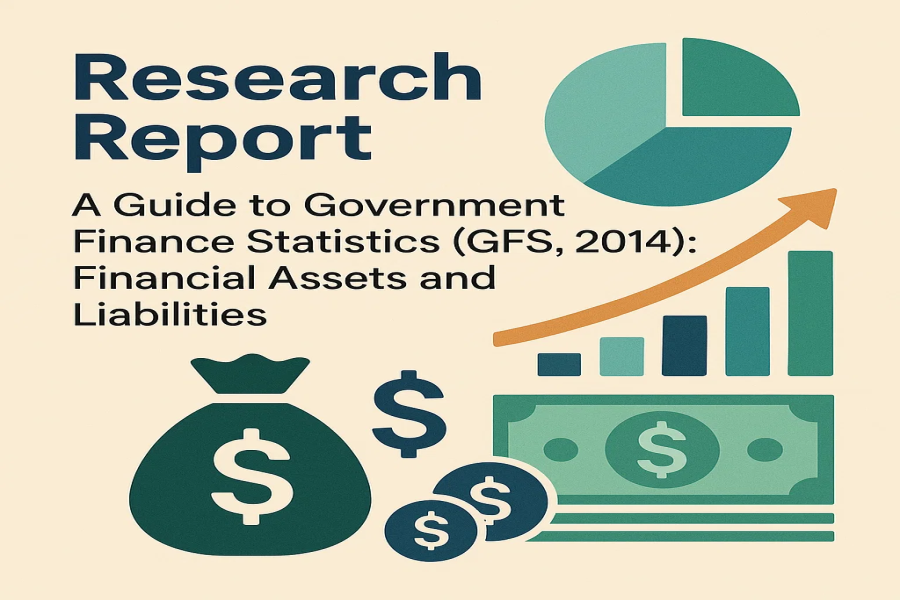
Research Report for a Guide to Government Finance Statistics (GFS, 2014): Financial Assets and Liabilities
According to the Public Relations Office of the Center, the research report titled A Guide to Government Finance Statistics (GFS, 2014): Financial Assets and Liabilities has been published by the Research Group on Modern Systems of Planning, Budgeting, and Modeling at the Center for Development Studies and Foresight. The introduction of the report states: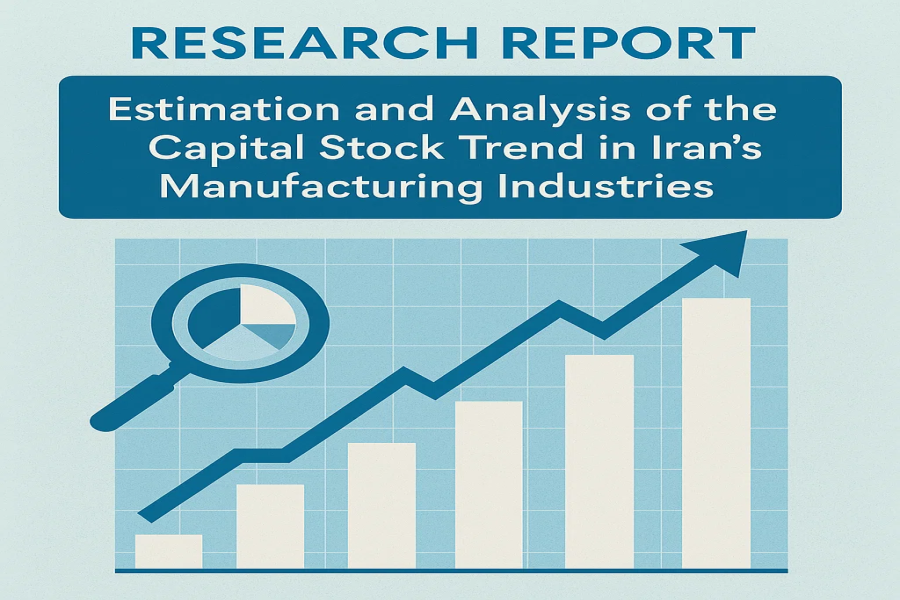
Research report on Estimation and Analysis of the Capital Stock Trend in Iran’s Manufacturing Industries
According to the Public Relations Office of the Center, the Research Group on Modern Systems of Planning, Budgeting, and Modeling at the Center for Development Studies and Foresight has published the research report titled: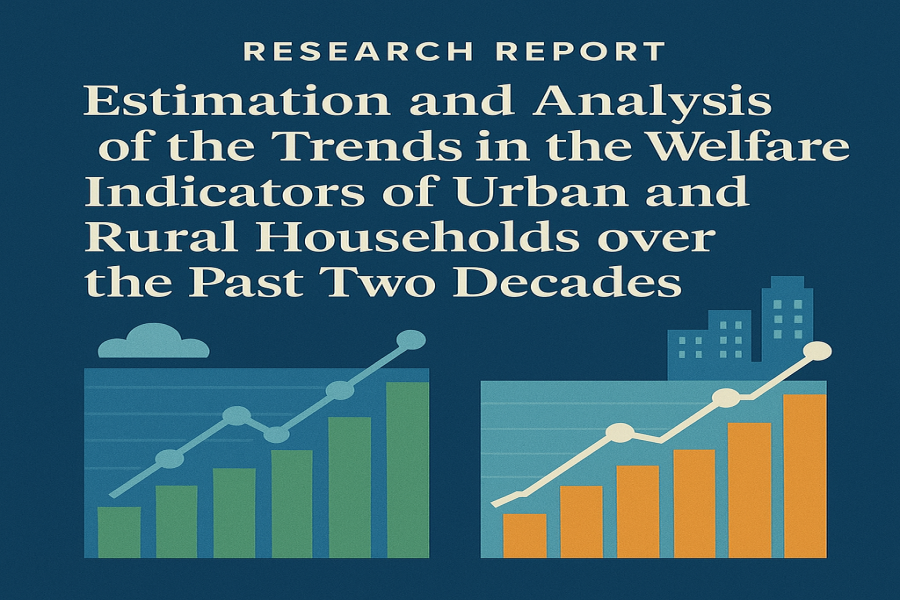
Research report on the Estimation and Analysis of the Trends in the Welfare Indicators of Urban and Rural Households over the Past Two Decades
According to the Public Relations Office of the Center, the Research Group on Modern Systems of Planning, Budgeting, and Modeling has published its latest research report titled: Estimation and Analysis of the Trends in the Welfare Indicators of Urban and Rural Households over the Past Two Decades. The executive summary of the report notes: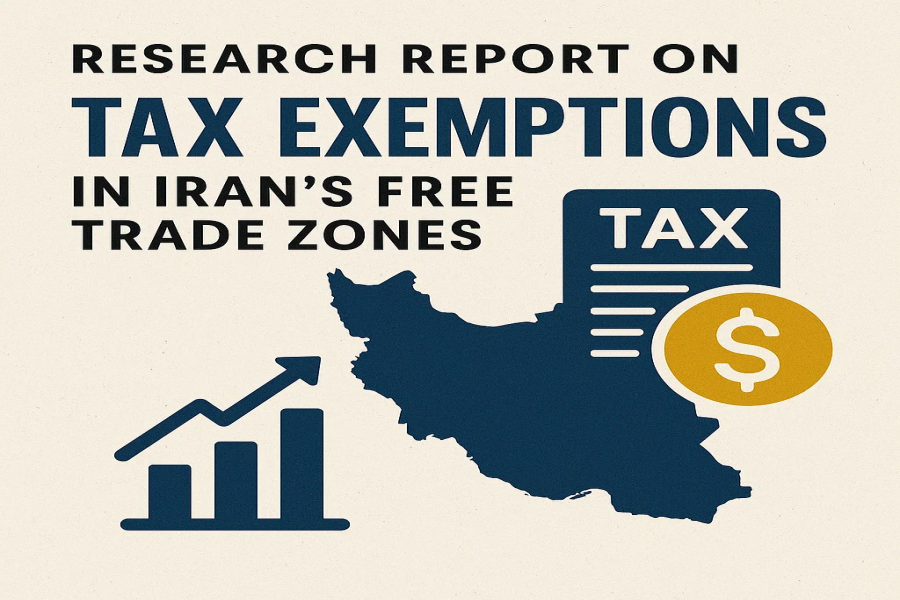
Research Report on Tax Exemptions in Iran’s Free Trade Zones
According to the Center’s Public Relations Office, the research report “Tax Exemptions in Iran’s Free Trade Zones” has been published by the Research Group for New Systems of Planning, Budgeting, and Modeling at the Center for Development and Foresight Research. A section of the executive summary of this report states: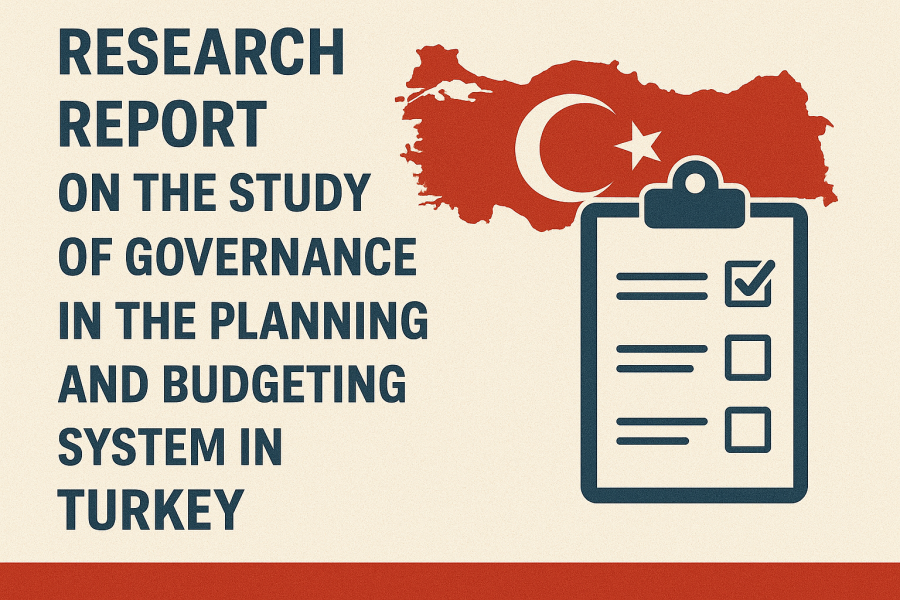
Research report on the Study of Governance in the Planning and Budgeting System in Turkey
According to the Public Relations of the Center for Development and Foresight Research, the Research Group on Modern Systems of Planning, Budgeting, and Modeling published a research report titled "Study of Governance in the Planning and Budgeting System in Turkey" in November 2024.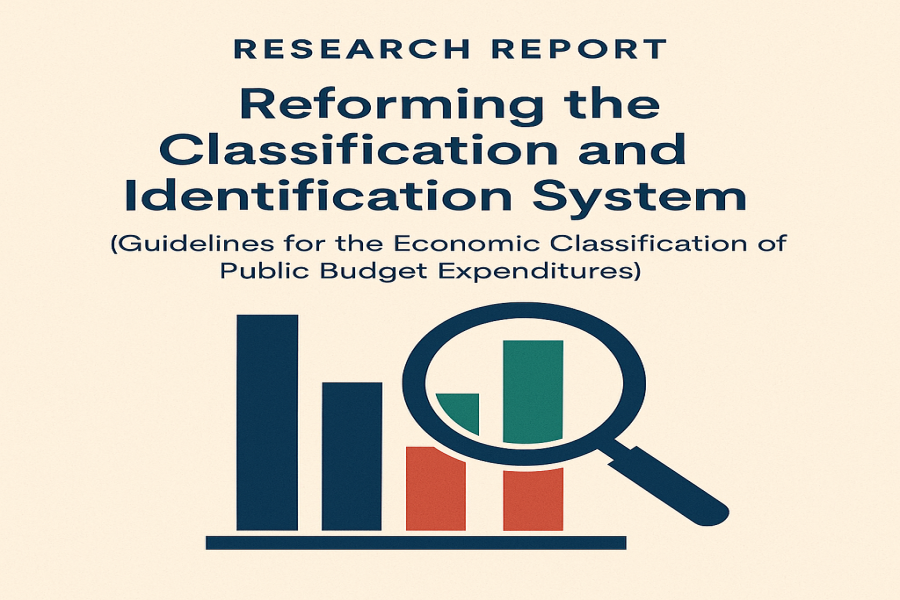
Research report on Reforming the Classification and Identification System (Guidelines for the Economic Classification of Public Budget Expenditures)
The Public Relations Office of the Center for Development and Foresight Research announced that the Research Group on Modern Planning, Budgeting, and Modeling at the center has released a new research report titled "Reforming the Classification and Identification System (Guidelines for the Economic Classification of Public Budget Expenditures)."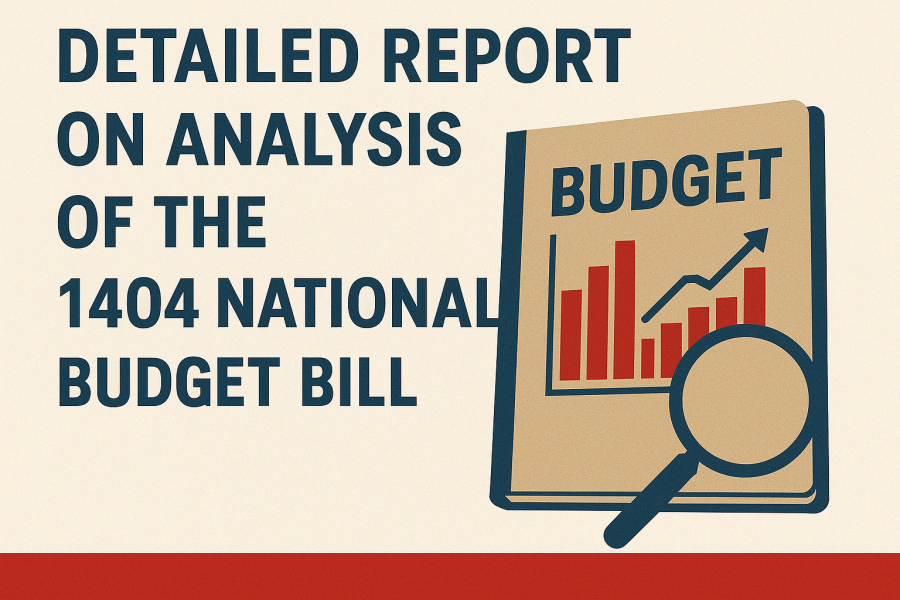
Detailed report on analysis of the 1404 national budget bill
According to the Public Relations Office of the Center for Development and Foresight Studies, the Research Group on New Planning, Budgeting, and Modeling Systems at the center has published a research report titled "Explanation and Analysis of the 1404 National Budget Bill". The executive summary of this report states: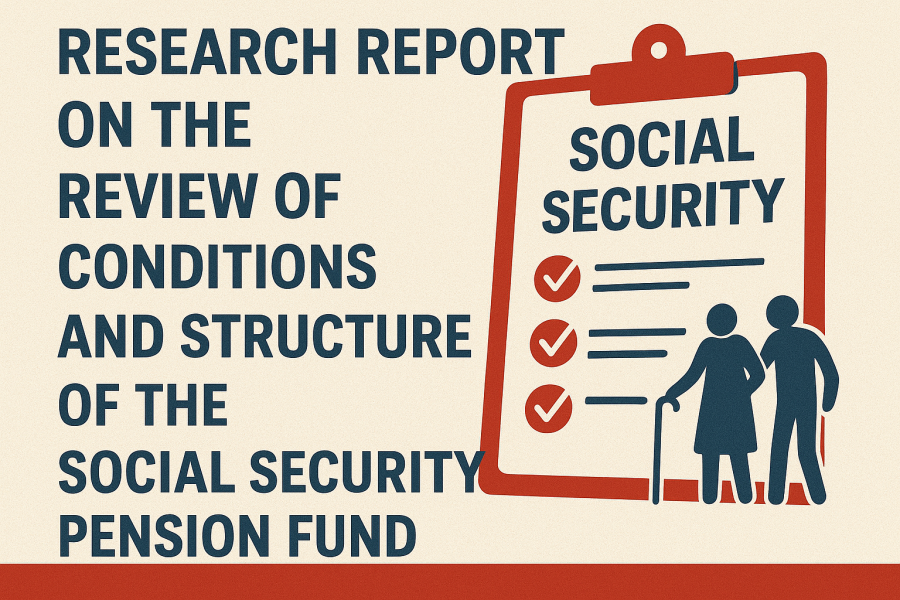
Research report on the Review of Conditions and Structure of the Social Security Pension Fund
The latest research report titled “Review of Conditions and Structure of the Social Security Pension Fund” has been released by the Public Relations Office of the Center for Development and Foresight Research. This report was prepared by the Research Group on Modern Planning, Budgeting, and Modeling Systems, in collaboration with the specialized working group on Enhancing Intelligent, Technological, and Community-Based Oversight at the First National Conference on Improving Budgeting Processes in Iran.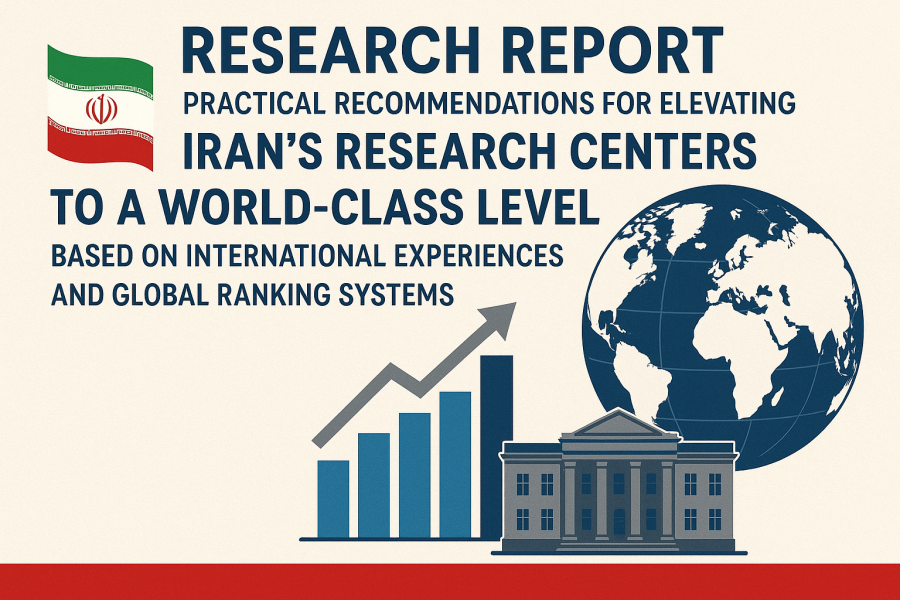
Research report on Practical Recommendations for Elevating Iran’s Research Centers to a World-Class Level Based on International Experiences and Global Ranking Systems
According to the Public Relations of the Center for Development and Foresight Research, the latest research report titled "Practical Recommendations for Elevating Iran’s Research Centers to a World-Class Level Based on International Experiences and Global Ranking Systems" has been released by the Research Group on Modern Planning, Budgeting, and Modeling.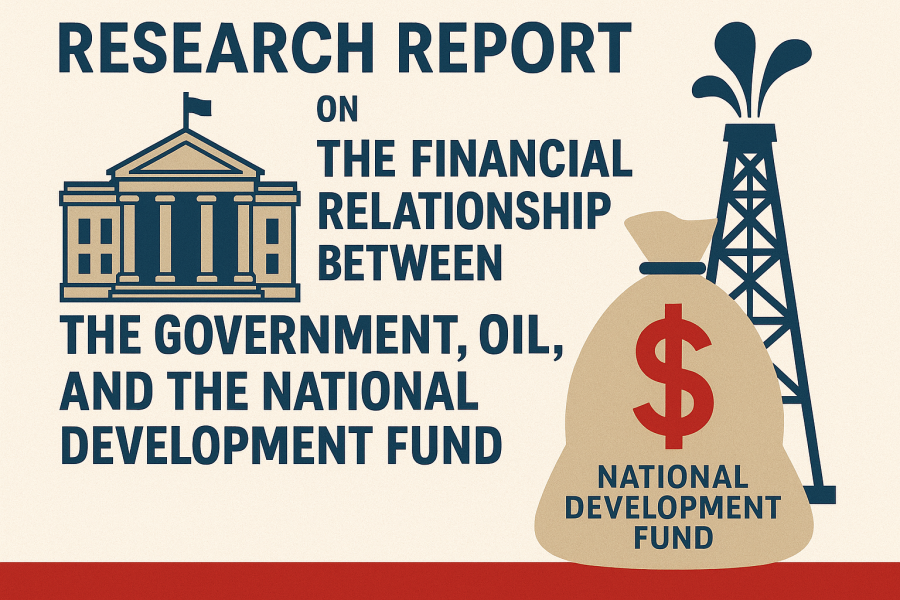
Research report on The Financial Relationship between the Government, Oil, and the National Development Fund
According to the Public Relations Office of the Center for Development and Foresight Research, the Research Group on Modern Systems of Planning, Budgeting, and Modeling has published a research report titled "The Financial Relationship between the Government, Oil, and the National Development Fund." This report is the outcome of expert discussions held within the specialized working group on Macroeconomics and Sustainable Development, as part of the series of events for the First National Conference on Improving the Budgeting Process in Iran.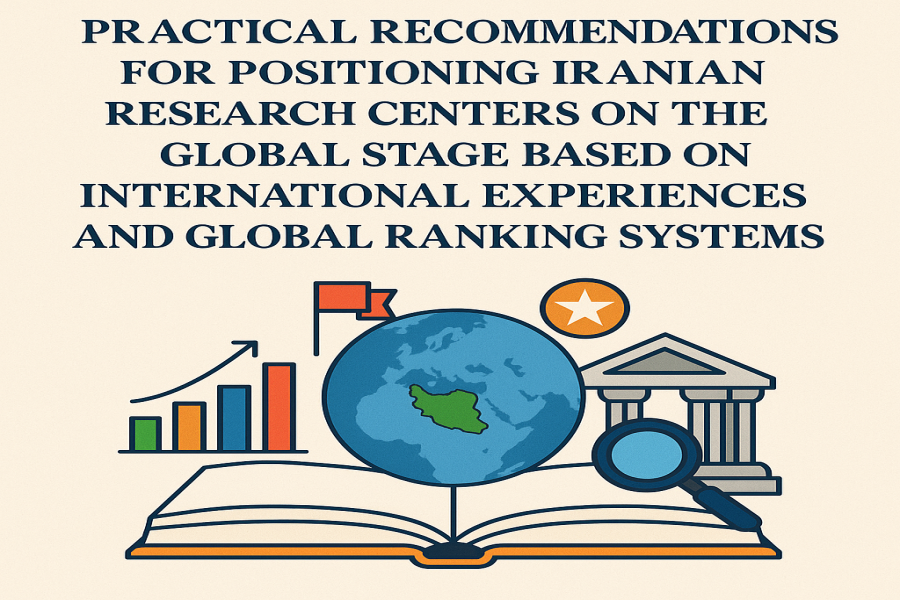
The research report titled “Practical Recommendations for Positioning Iranian Research Centers on the Global Stage Based on International Experiences and Global Ranking Systems” was published.
According to the Public Relations Office of the Center for Development Research and Foresight (CDRF), the latest research report of the CDRF entitled “Practical Recommendations for Positioning Iranian Research Centers on the Global Stage Based on International Experiences and Global Ranking Systems,” has been published by the Research Group on Modern Planning, Budgeting, and Modeling Systems. The executive summary of this research report states: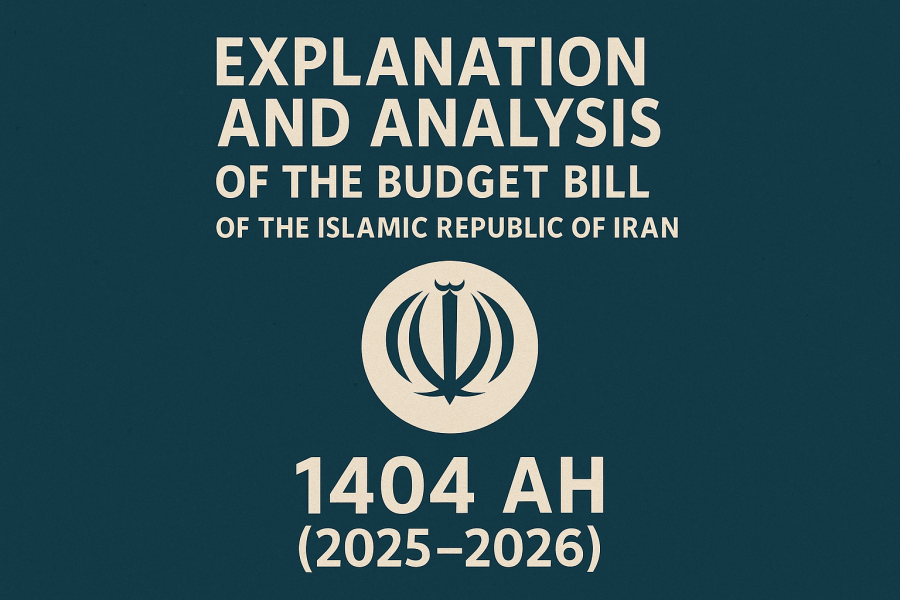
The report titled “Explanation and Analysis of the Budget Bill of the Islamic Republic of Iran 1404 AH (2025-2026)” was published.
According to the Public Relations Office of the Center for Development Research and Foresight (CDRF), the Research Group for Innovative Planning, Budgeting, and Modeling Systems of the CDRF has published a research report entitled “Explanation and Analysis of the Budget Bill of the Islamic Republic of Iran 1404 AH (2025-2026).” The executive summary of this report states: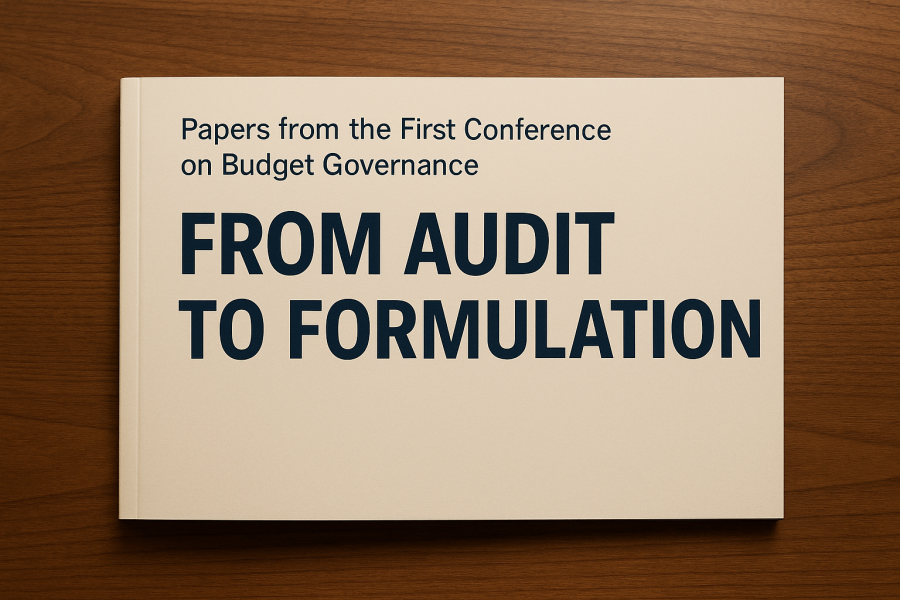
The collection of papers from the First Conference on Budget Governance: From Audit to Formulation was published.
According to the Public Relations Office of the Center for Development Research and Foresight (CDRF), the CDRF has published the collection of papers accepted by the review committee for the First National Conference on Improving the Budgeting Process in Iran, titled “Budget Governance: From Audit to Formulation.”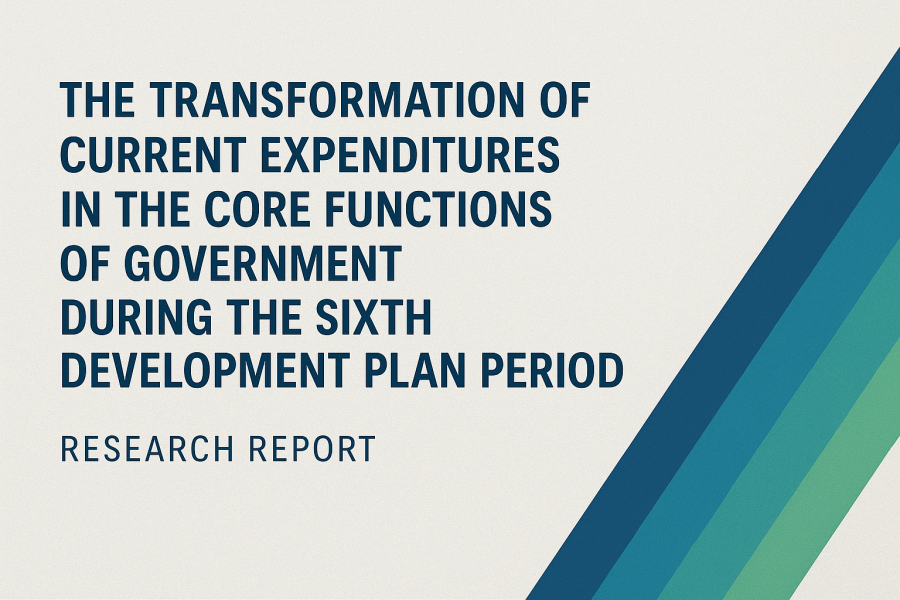
The research report titled “The Transformation of Current Expenditures in the Core Functions of Government during the Sixth Development Plan Period” was published.
According to the Public Relations Office of the Center for Development Research and Foresight (CDRF), the Research Group on Modern Planning, Budgeting, and Modeling Systems has published its latest research report entitled “The Transformation of Current Expenditures in the Core Functions of Government during the Sixth Development Plan Period.” The executive summary of this research report states: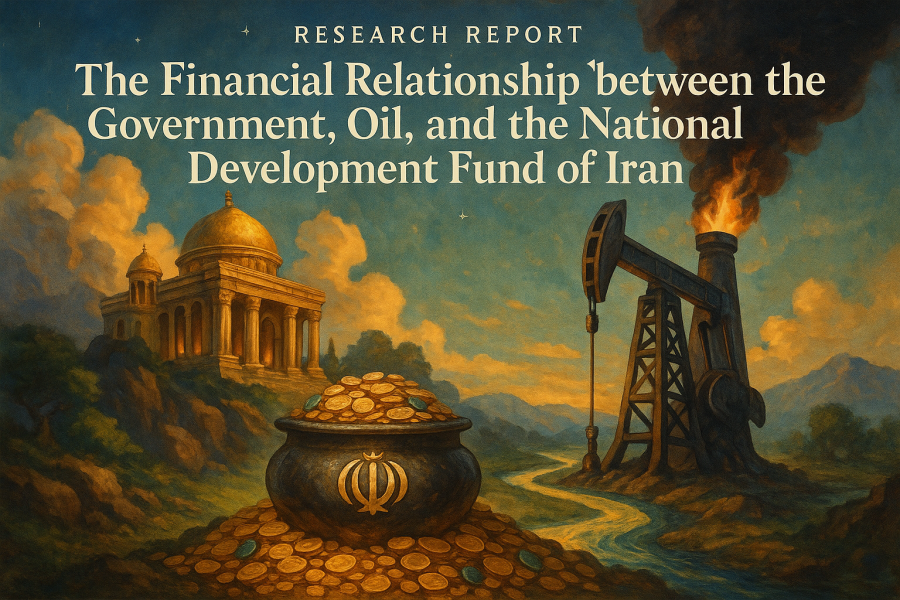
The research report titled “The Financial Relationship between the Government, Oil, and the National Development Fund of Iran” was published.
According to the Public Relations Office of the Center for Development Research and Foresight (CDRF), the Research Group on Modern Planning, Budgeting, and Modeling Systems has published a research report entitled “The Financial Relationship between the Government, Oil, and the National Development Fund of Iran.” This report is the outcome of expert discussions held within the Expert Working Group on Macroeconomics and Sustainable Development, conducted as part of the series of events of the First National Conference on Improving the Budgeting Process in Iran. The executive summary of this research report states: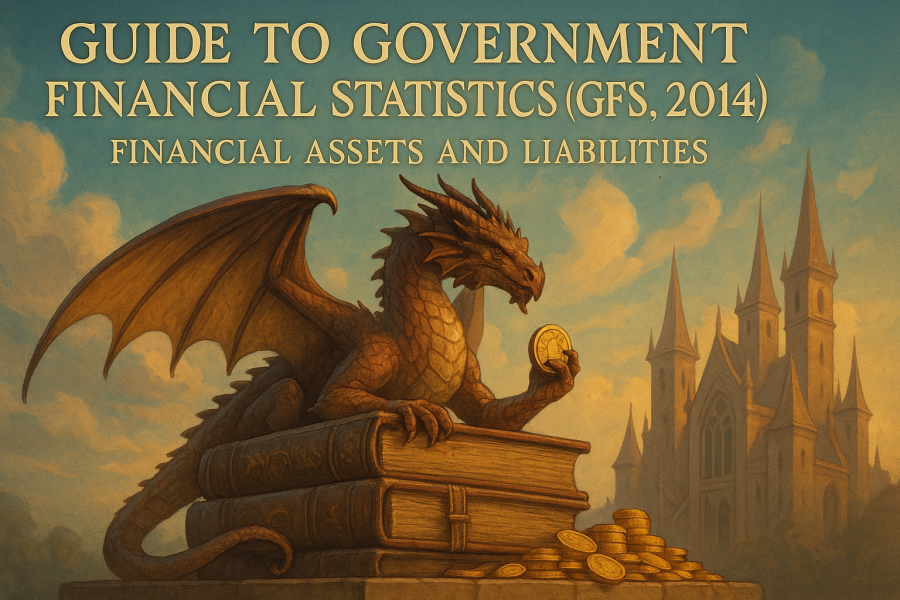
The research report titled “Guide to Government Financial Statistics (GFS, 2014): Financial Assets and Liabilities” was published.
According to the Public Relations Office of the Center for Development Research and Foresight (CDRF), the research report entitled “Guide to Government Financial Statistics (GFS, 2014): Financial Assets and Liabilities” has been published by the Research Group on Modern Planning, Budgeting, and Modeling Systems of the CDRF. A part of the introduction to this research report states: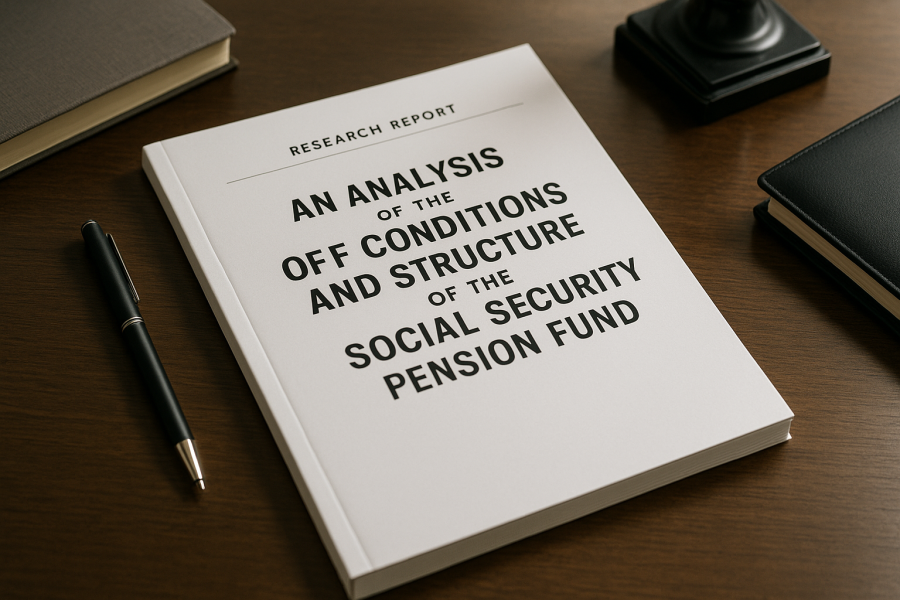
The research report titled “An Analysis of the Conditions and Structure of the Social Security Pension Fund” was published.
According to the Public Relations Office of the Center for Development Research and Foresight (CDRF), the latest research report of the CDRF entitled “An Analysis of the Conditions and Structure of the Social Security Pension Fund,” has been published by the Research Group on Modern Planning, Budgeting, and Modeling Systems, in collaboration with the Expert Task Force on enhancing smart, technological, and people-centered oversight, as part of the First National Conference on Improving the Budgeting Process in Iran. The executive summary of the report states: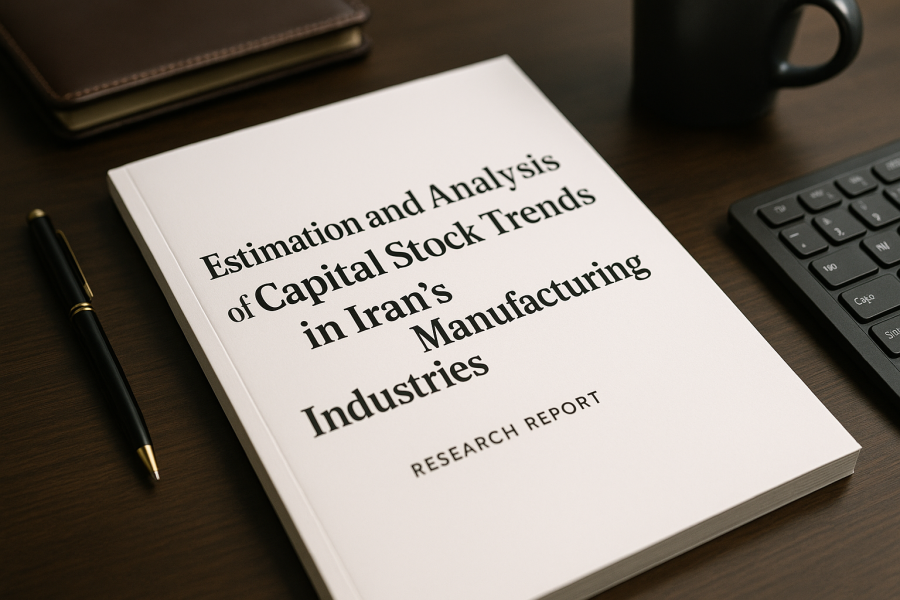
The research report titled “Estimation and Analysis of Capital Stock Trends in Iran’s Manufacturing Industries” was published.
According to the Public Relations Office of the Center for Development Research and Foresight (CDRF), the Research Group on Modern Planning, Budgeting, and Modeling Systems of the CDRF has published a research report entitled “Estimation and Analysis of Capital Stock Trends in Iran’s Manufacturing Industries.” A part of the introduction to this research report states: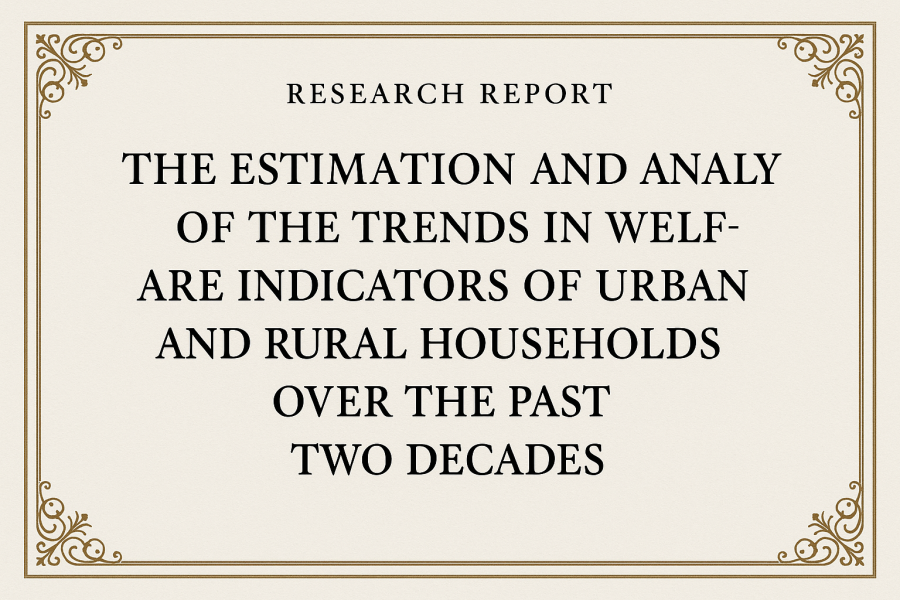
The research report titled “The Estimation and Analysis of the Trends in Welfare Indicators of Urban and Rural Households Over the Past Two Decades” was published.
According to the Public Relations Office of the Center for Development Research and Foresight (CGRF), the Research Group on Modern Planning, Budgeting, and Modeling Systems has published its latest research report entitled “The Estimation and Analysis of the Trends in Welfare Indicators of Urban and Rural Households Over the Past Two Decades.” A part of the executive summary of this research report states:
امروز : سه شنبه، ۲۸ بهمن ۱۴۰۴

